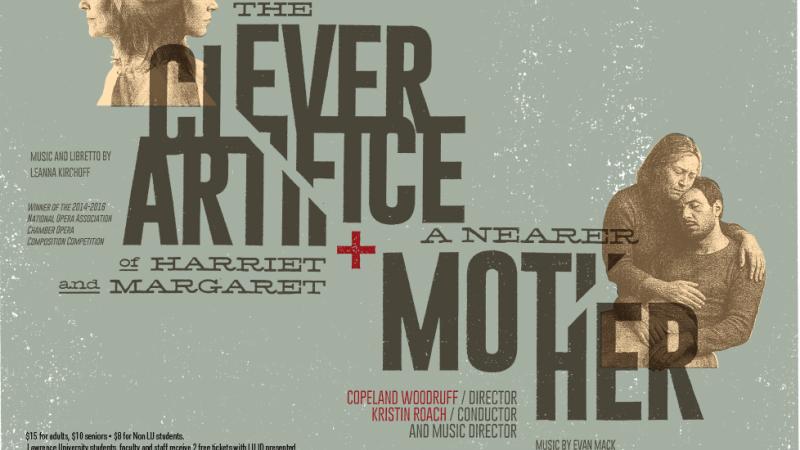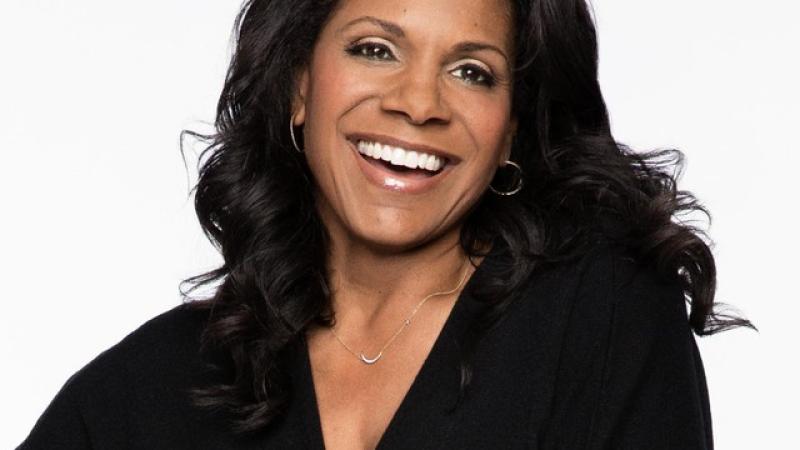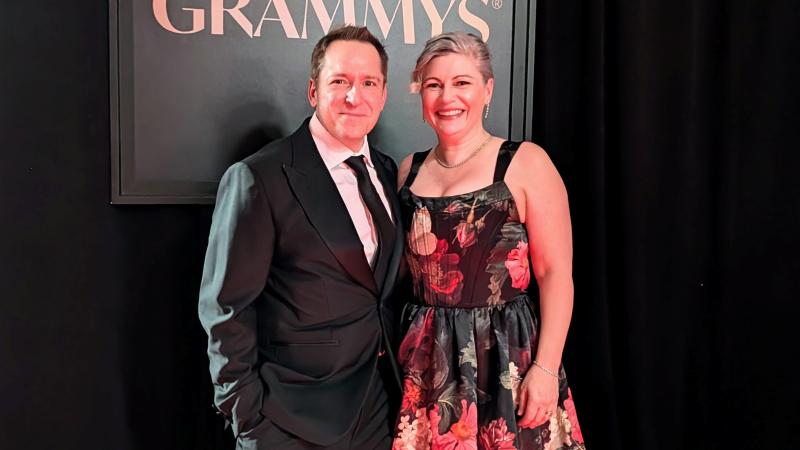Lawrence University senior Charlie Wetzel is the latest Lawrentian to be chosen for a Thomas J. Watson Fellowship.
Wetzel will travel to Iceland, India, Thailand, Mexico, The Netherlands, and Germany over the coming year, pursuing a project titled “The Art of the Transgender Life,” where she explores the intersections between art, gender, national identity, and public policy.
Wetzel, a studio art major from Madison, is the 78th Lawrentian over the past 53 years to be awarded a Watson, which provides $40,000 in funding for a year-long wanderjahr of independent travel and exploration. She is one of 42 graduating college seniors selected as part of the 2023 Watson class.
“How do trans people use art to express their gender identity?” Wetzel asks in her Watson proposal. “How does national identity and public policy impact their work and lives? To answer these questions, I will engage and collaborate with transgender artists and arts organizations across the world.”
A Watson Fellow is an independent and self-motivated scholar who is excited by the prospect of traveling the world to follow a dream.
Watson Fellows are selected from 41 private colleges and universities across the United States that partner with the Watson Foundation. More than 3,000 Watson Fellows have been named since the inaugural class in 1969.
The Watson Foundation dates back to 1961, created as a charitable trust in the name of Thomas J. Watson Sr., best known for building IBM. It works with students to develop personal, professional, and cultural opportunities that build their confidence and perspective to be more humane and effective leaders with a world view.
This year’s class comes from 20 states and four countries and exhibits a broad range of academic specialties, socio-economic backgrounds, and project diversity. They will travel to 54 countries pursuing topics ranging from climate refugees to pediatric cancer; from contemporary African art to disability care innovation; from entrepreneurial inclusion to urban animals; from coastal resilience to modern opera.
Q&A with Charlie Wetzel
We talked with Wetzel about the year ahead:
Q: What sort of connections and collaborative work are you looking to do as you travel the world?
Wetzel: Over my Watson year, I am hoping to make sculptures, photographs, and body-art pieces with other transgender artists around the world. I am starting my fellowship in Seyðisfjörður, Iceland, which is a rural town of around 700 people located on the eastern edge of the country. While the town is small, it has an internationally recognized art scene and there are multiple queer artist residencies in the region. During my time there, I plan on collaborating with other trans women artists to make polaroid and alternate process photographs. I will also visit with and interview artists from the Heima art collective, a small group of makers who are located in east Iceland, about how their art practices have been shaped by gender identity and Icelandic public policy.
Next, I will visit Bengaluru, India, where I will volunteer with the Aravani Art Project and work on murals and large-scale paintings. The Aravani Art Project is a public art collective run by trans and queer women across India. The project brings together people from the transgender community who paint murals inspired by their lives and experiences. In Berlin, Mexico City, and Amsterdam, I will work on similar collaborations with other queer art organizations and meet with artists who are making work about trans ontology.
During my Watson year, I will also explore what gender-affirming health care looks like around the world, with the goal of understanding how different care settings can impact art about transgender life. While I am in Chonburi, Thailand, I am hoping to meet with surgeons and health care workers who provide gender-affirming bottom surgeries. Chonburi is an international hub for gender-affirming surgery, and while I am there, I will live in a hotel used by patients who are recovering from gender-affirming vaginoplasty. Early during my transition, I looked into having surgery in Chonburi, so this stop will have special significance to me. I will also work with one of my contacts who is a body and performance artist to make a collaborative piece about altering the gendered body.
Q: Why is this work and exploration important to you?
Wetzel: My art practice is the single most important thing to me. I spend all of my free time making art, and when I am not able to be in the Wriston Art Center or the Maker Space physically working on a project, I am reading, talking, learning, and thinking about art. I am totally obsessed. All of my work centers around trans ontology—it is all about how and why trans people exist, and it celebrates the beauty of trans life. One of my goals in life is to advance the rights of queer and transgender people. We are routinely denied access to basic health care and are increasingly being used as political scapegoats. My activist art practice is what I use to gain some sense of control over these narratives, and this project will let me spend an entire year making work about, and advocating for, trans identity on an international scale. The Watson Fellowship is, literally, a dream come true.
Q: How has your time at Lawrence prepared you for this next adventure?
Wetzel: I came to Lawrence undecided with a vague idea that I wanted to eventually go to law school. But then, I took Intro to 3D Art with professor Rob Neilson. I had some background in photography when I applied to Lawrence, but I did not think I would pursue art at any serious level. That class, and the sculpture classes I took my sophomore year, totally changed me—Professor Neilson taught me how to think with art. He showed me how pieces of wire, chunks of wood, and lumps of metal can communicate profound ideas, and he encouraged me to think of myself as an artist. Additionally, the classes and conversations I had early on with professors Elizabeth Carlson and John Shimon showed me that artists and visual scholars can have a profound impact on the world, and they helped me realize that a life as an artist can be as, if not more, impactful as a life as a lawyer.
Q: How about experiences outside the classroom?
Wetzel: Lawrence has granted me dozens of opportunities that have prepared me for my Watson. Over the last two summers, I stayed on campus to produce a few different bodies of work. In 2021, I made an installation piece and a large body of photographic self-portraits and in 2022 I spent my days between the Maker Space and the Wriston working on a series of 3D printed sculptures. All that work turned into three separate solo shows in the Mudd Gallery, one solo show at the University of Wisconsin-Madison, and a residency at the Kohler Art Center in Sheboygan, where I got the opportunity to run interactive art workshops. All of that prepared me incredibly well for the Watson—both the application process and the project itself—and none of it would have been possible without the support of Lawrence facilities, faculty, and staff. Sometimes I have these moments where I realize just how lucky I am to have this community. I am a Pell Grant recipient who has never left the country, and it makes no logical sense that this is happening to me. Thanks to this wacky little school called Lawrence, though, it is, and now I get to travel the world making queer art.




